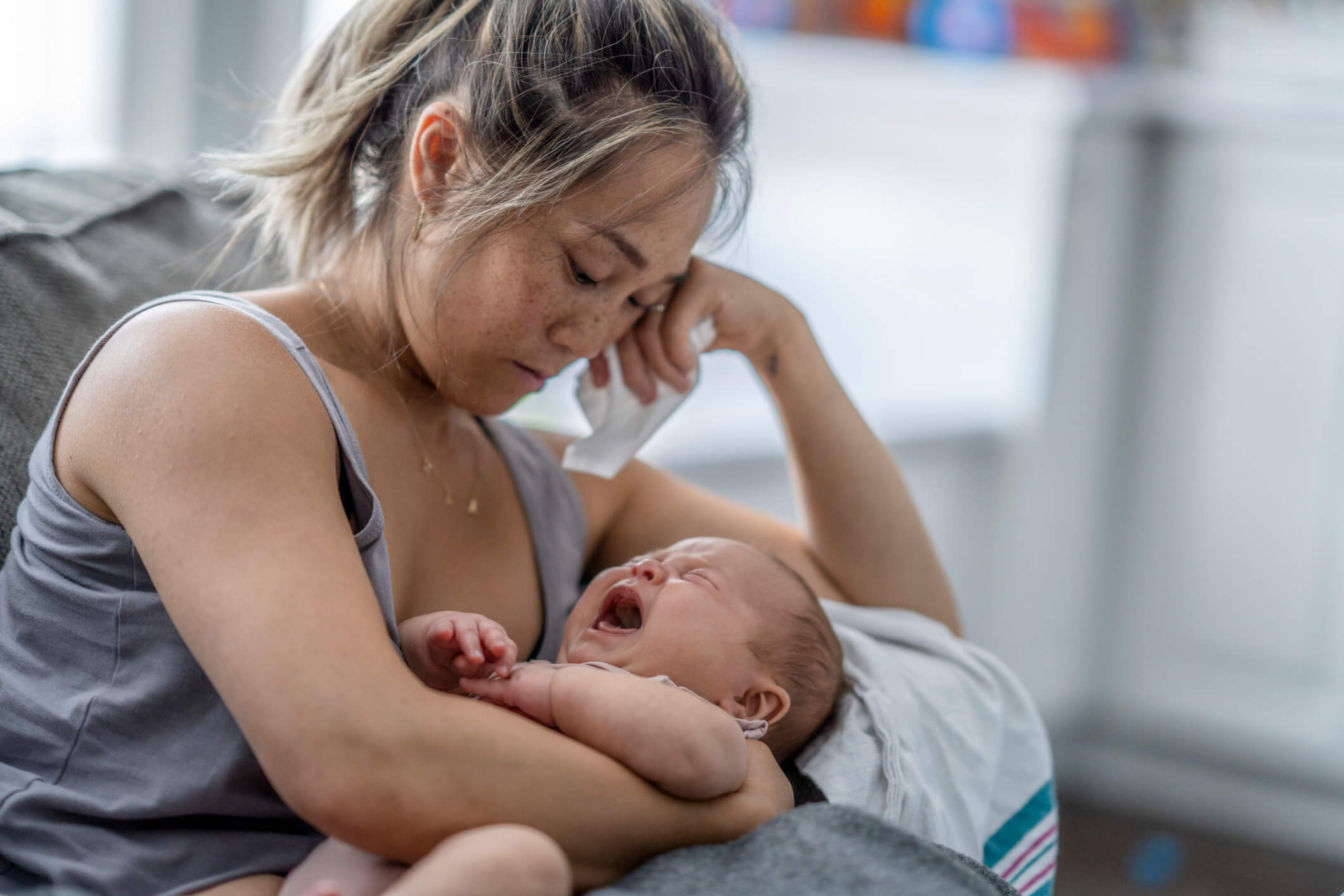If you are reading this article, then you have realized that you or your loved one is suffering from Postpartum Depression and you need help. I am not a professional Psychologist, neither am I a Postpartum Therapist. My goal here is to discuss my experience with Postpartum depression, in order to create more awareness and help mothers dealing with this disorder.
During the cause of this read, you will get an incite into my experience with Postpartum depression, how I realized I was suffering from it. The signs and symptoms to look out for and how I was able to get help and deal with it. I will also be answering some regular questions people ask about Postpartum depression.
While I will love to go straight to the symptoms I had and the solution that helped me overcome it. It is important to also know the meaning of Postpartum depression.
What Is Postpartum Depression
Postpartum depression(ppd) according to the Oxford diction is “depression suffered by a mother following childbirth, typically arising from the combination of hormonal changes, psychological adjustment to motherhood, and fatigue; postnatal depression.”
My Postpartum Depression Experience
Now that we have a little incite on what Postpartum depression means. I will like to give you a brief detail on how I discovered I was suffering from this depression and the treatment I sought to curb it.
The date was March 21st, 2022 at around 2pm and I had just given birth. My pregnancy and child birth experience is a story for another article, turn on notification for that. I was discharged and came home with my beautiful baby and husband. There was no other family member to help at that initial time. I had my cleaner who comes during the day and my next door neighbor who was so excited to bath the baby.
This was my first baby therefore I was inexperienced about most things. Although gearing up for the birth of the baby, I had read a lot, watched videos and sort advise from friends who are mums. But the things I encountered still came as a shock as I have never experienced them before.
There were things I experienced just after I was discharged from the hospital that was out of the norm. I suffered a temporary memory loss as I could not recognize a friend who came to visit the baby. I spoke to this friend for almost 20minutes before I could remember who she was.
I also remember her telling me while talking with her that my baby lying next to me was crying. All I did was smile but I never made the move to pick the baby up. When she was tired of my not responding to her call, she herself picked the baby up and rocked him to sleep. I just sat there and stared at her.
During the cause of my delivery an episiotomy was done on me to enable the baby come out easily and I had a cut on my vagina that was stitched. I was recovering from this wound and found it quite difficult to move. In the night when the baby wakes and cries for a feed, I will just lie down without moving to pick him up. It takes me awhile to gather momentum to stand up and carry him.
I would sit down feeling pain and fatigue and just stair into space. It took my friend’s observation for me to realize that I frown when carrying the baby. It was as if I wasn’t happy he is here. Another unusual thing that I later noticed was that I had mood swing and most of my anger was directed at my husband.

Most of the things he did annoyed me. No matter what he did to help make things easy for me I was never satisfied. When he drove without wearing his seatbelt, I would shout at him. When I wake in the night to feed the baby and I see him sleeping I would be so angry. I felt like he was the cause of my suffering and he wasn’t feeling the same pain I was feeling. My baby was waking up a lot at night to feed and the sleepless night for me didn’t make things easier for me.
Then there was the issue of breastfeeding. During the first few weeks of the baby’s birth he couldn’t latch onto my breast. It was quite frustrating, My breast was engorged and the pain was almost unbearable. There was so many unsolicited advise about what I should do and what I was doing wrong. I felt mom shamed and pressured to breastfeed.
There was so many parenting advise from people I felt pressured to follow and if I refused to listen to them, then I was a bad mom who didn’t care about my baby.
I started anticipating when I would leave my environment. How I would do it without telling anyone and the thought of it, was my relief from the mental stress I was facing. At this point I had not realized that I was sinking into depression. It is important to note that prior to my experience I have heard about Postpartum depression before, but I realize now that I knew next to nothing about it.
Part of what I experienced, is the mom brain. I would forget things easily. I start up a conversation and mid way I wont remember what I was talking about. Figuring out where I put things was a big issue. I depended on my husband to remember information that were given to me. The reverses was the case before I got pregnant.
These and more are some of the unusual things I experienced. I had not realized that something was not right until my husband called my attention to my regular shouting and other weird behavior . Then I had to cry out for help. I read a lot about my condition and realized I needed a therapist. I was referred to a psychologist who had regular sessions with me and diagnosed me with postpartum depression.
I attended regular sessions with my psychologist who has helped me come to terms with my child birth experience and the new phase my life has entered. My husband is more understanding and helps more with the baby.
It is important to note that these experience I had might not be the same with the next person suffering from Postpartum depression.
Things That Help Postpartum Depression
Some of you wonder how you can get out of this depression or how you can help your loved one. Again I will be drawing from my experience to proffer solution for postpartum depression. Please note I am not a psychologist and whatever advise I give here is drawn from my experience.
1. The first thing is to identify the problem. If as a person suffering from post pregnancy depression, you or your loved one is not aware that something is wrong, there would no way you will get help. In my case my husband noticed that change and called my attention to it.
2. Once you have identified that things are not normal with you/your loved one then you can look for a postpartum depression therapist| Counseling near me who can help you best process your emotion and follow you through the healing process.
3. Aside from seeking help from a professional psychologist you should also remove anything from around you that would add to your stress. For example the unsolicited advise new mothers get from family and friends can add more pressure than help. You should seek more of professional opinion when dealing with your baby.
4. Also your spouse and loved ones should be aware of what you are dealing with. They should educate themselves about the issue and no how best to handle you. People suffering from this mental disorder require extra attention, care and love. In my case my husband had to educate himself and he knows better not to add to my stress.
5. Something that also help is taking out time from the baby and having a me time. You could have someone you trust look after the baby while you or if you prefer with your spouse do thing you love. It will help clear your head and reduce some of the stress.
6. Another thing the person should stop doing is stop feeling like you are not enough or you are not doing the right thing. This your psychologist can help you work through. Being aware whenever you are doing it can help curb it.
7. Then whenever you see yourself or loved one sinking into this depression, you should try and talk them out of it. In my case I catch myself once in awhile trying to drift and I talk myself back to reality.
It is important to note that postpartum depression is something that is more common in women than is discussed, especially new mothers therefore you shouldn’t feel alienated. The support of loved ones help mothers pull through it.

